Learn more about a controversial experiment into inter-species communication, referenced in the title work of Amalia Pica’s exhibition currently on display at the IMA, please open hurry.
Join us for a free screening of the documentary Koko: A Talking Gorilla (1978), presented in partnership with Queensland Film Festival.
At 6:15pm, Courtney Morgans from the School of Biological Sciences, University of Queensland, will introduce the film and provide a special insight into the significance of Koko and primate communication research.
Koko: A Talking Gorilla, Dir. Barbet Schroeder, 1978 | 85 minutes
In 1977, acclaimed director Barbet Schroeder entered the universe of the world’s most famous primate to create the captivating documentary Koko: A Talking Gorilla. The film introduces us to Koko soon after she was brought from the San Francisco Zoo to Stanford University by Dr. Penny Patterson for a controversial experiment—she would be taught the basics of human communication through American Sign Language. An entertaining, troubling, and still relevant documentary, Koko: A Talking Gorilla sheds light on the ongoing ethical and philosophical debates over the individual rights of animals and brings us face-to-face with an amazing gorilla caught in the middle.
Book your place for this free screening via Eventbrite.
Biography
Courtney Morgans is a PhD candidate with the Centre of Excellence for Environmental Decisions at the University of Queensland. Morgans has worked in the NGO sector with her roles including research, project implementation and project development with organisations such as Oxfam Australia, Taronga Conservation Society, Reef Check Australia, Global Vision International and Sydney Wildlife.
Morgans’s current research focuses on evaluating the effectiveness of conservation strategies, using the Bornean Orangutan as a case study. She is interested in understanding the impacts conservation efforts have had on protecting the endangered ape to date, and developing recommendations for improved outcomes.















